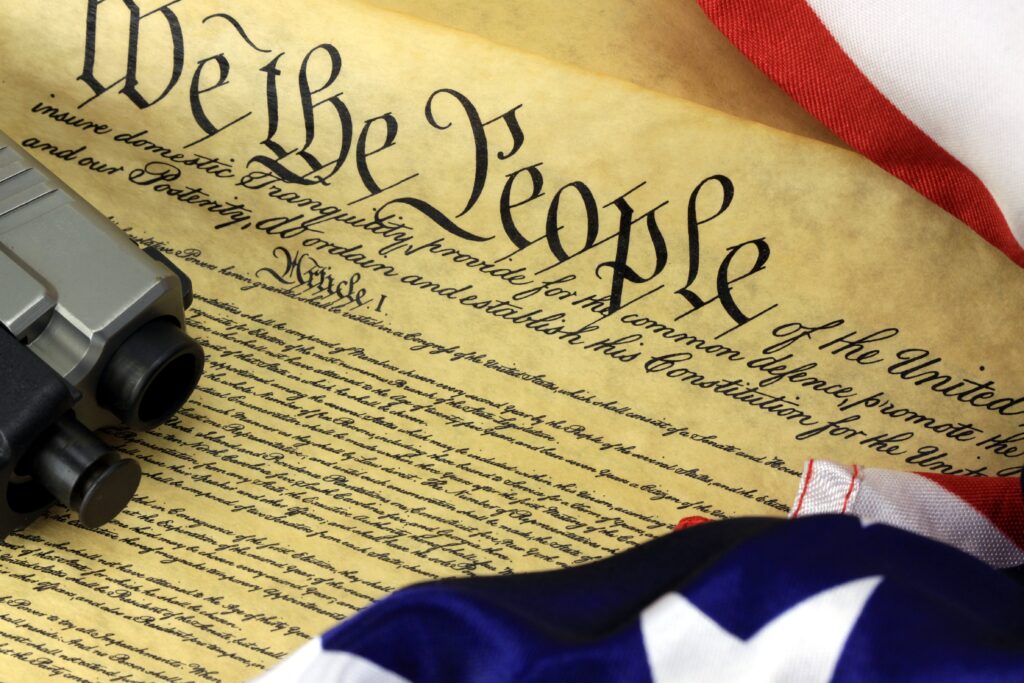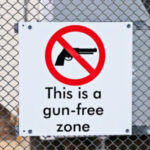Is State Mandated Training for Concealed Carry a Good Idea? – Does it increase public safety or infringe on a constitutionally protected right?

Can state mandated training make an irresponsible person responsible?
As a firearms instructor I’m a big advocate of regular, purposeful, training. Anyone intending to carry a firearm in public has a responsibility to be competent in the operation of said firearm and to have a very solid understanding of the rules governing the legal use of deadly force. In addition, the armed citizen needs to be very clear on the obligations and responsibilities that come with the decision to be armed in public.
One of those responsibilities is to maintain a certain level of proficiency with the firearm carried and therein lies the problem. Does mandated training ensure an adequate level of proficiency or does it create an unnecessary barrier to the exercise of a constitutionally protected right?
In July, the state of New Jersey issued new requirements for concealed carry applicants. New Jersey is one of the more oppressive states when it comes to Second Amendment (2A) rights and the new requirements are likely a response to the Bruen decision which affirmed the right of citizens to carry firearms for self-defense. The new requirements are more likely to prevent applicants from obtaining a concealed carry permit than to improve public safety by ensuring firearms competency.
The new requirements can be read here and provide guidance as to the classroom part of the required training and the shooting qualification. The classroom part of the required training is actually reasonable and will likely provide valuable information when delivered by a competent instructor. The shooting qualification, on the other hand, is excessively difficult and unnecessary for the armed civilian and will likely result in many applicants being denied a permit to carry.
Appendix B of the new requirements describe the shooting qualification. The qualification consists of ten phases requiring a total of 50 rounds with ranges from 25 yards down to 1 yard. The stages are timed, and some require single handed shooting with transfer of the firearm from hand to hand. Some phases require drawing from holster and shooting in both standing and kneeling positions. Revolvers are to be fired double action for all phases.
I encourage readers to read the New Jersey requirements and draw their own conclusions as to whether or not they are excessive, in the meantime I’ll point out some of the more egregious requirements:
- Phase I – A total of 10 rounds at 25 yards fired from either a standing or kneeling position. Three strings, 4, 3, 3 rounds at 30, 25, and 25 seconds. Twenty five yards is an excessively long range for civilian self-defense applications, particularly with the smaller guns that are typically carried concealed.
- Phase II – A total of 3 rounds at 15 yards, standing and drawing from holster in 5 seconds. Considering most civilians would take 1.5 to 2 seconds to draw and get a shot on target at 3 yards, this would be challenging for most applicants.
- Phase III – A total of 7 rounds at 15 yards, from holster, 3 rounds standing, transition to one knee, reload, 4 rounds from kneeling all in 25 seconds. This may be prohibitively challenging for older citizens or those with knee, hip, or obesity issues.
- Phase VII – A total of 3 rounds at 7 yards from holster in 4 seconds, standing position. Most applicants will take 2 seconds safely drawing from holster and getting their first shot off leaving 2 seconds to accurately fire 3 rounds at 7 yards.
- Phase X – A total of 2 rounds at 1 yard in 2 seconds from retention. Shooting from retention is an intermediate/advanced skill and is needlessly dangerous and unnecessary for a civilian qualification. Successfully drawing from holster and firing 2 shots in 2 seconds from retention is unlikely for most people.
While training is always desirable, mandated training is more likely to be abused, as one could reasonably argue in the case of the New Jersey requirements and used as a means of denying applicants the ability to obtain a carry permit. Remember that we are talking about a constitutionally protected right and not a government granted privilege. Using an excessively challenging qualification to stop citizens from exercising that right does not seem to be in the public interest.
So back to the original question, can state mandated training make an irresponsible person responsible? In a word, the answer is no. Government can mandate successful completion of a shooting qualification but cannot ensure that the applicant trains regularly, practices safe gun handling, and behaves responsibly.
In America we still have the freedom to choose, and choosing to go armed includes the responsibility to do it correctly. Those who choose to not do so must accept the consequences.
©2023 Joseph T Drammissi
This article and more of Joe’s work covering the Second Amendment and other topics can be found on Substack at https://getagrip.substack.com






